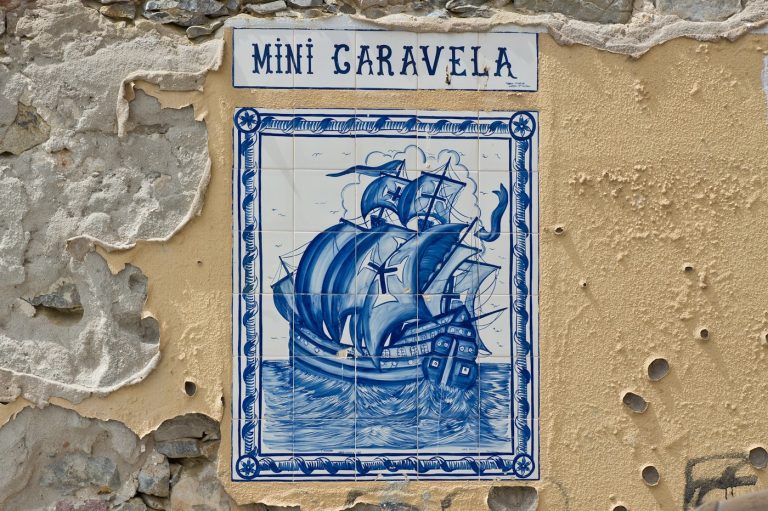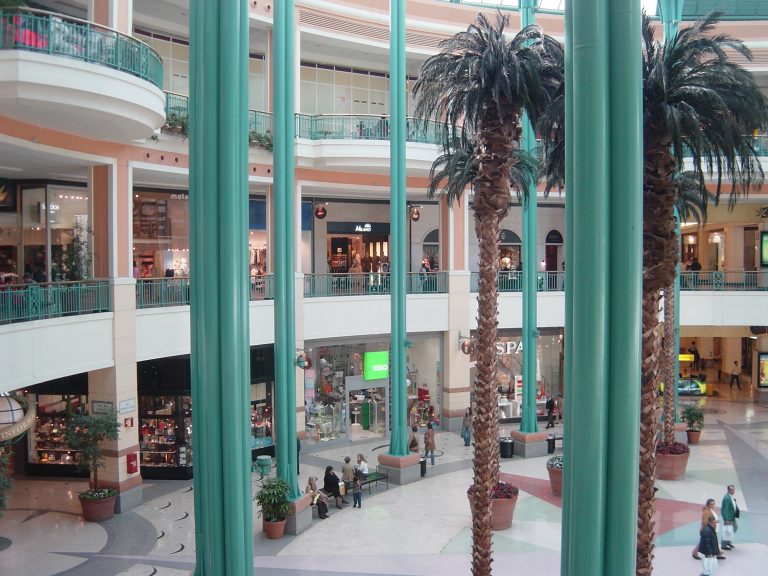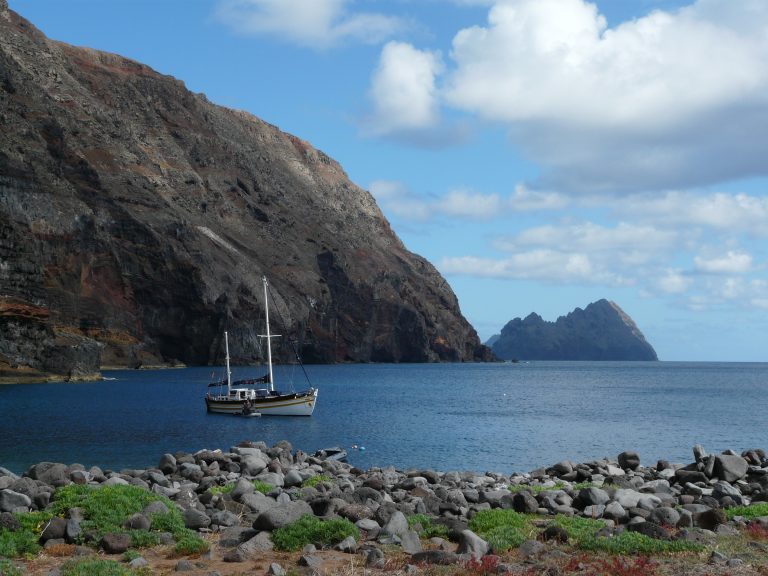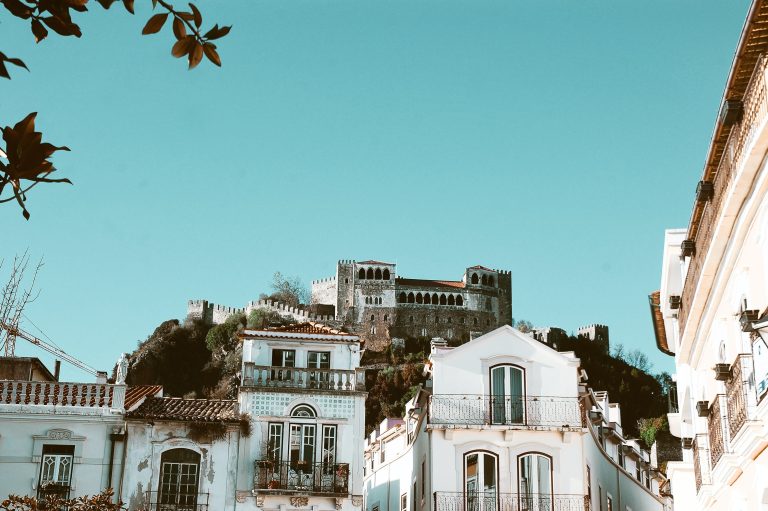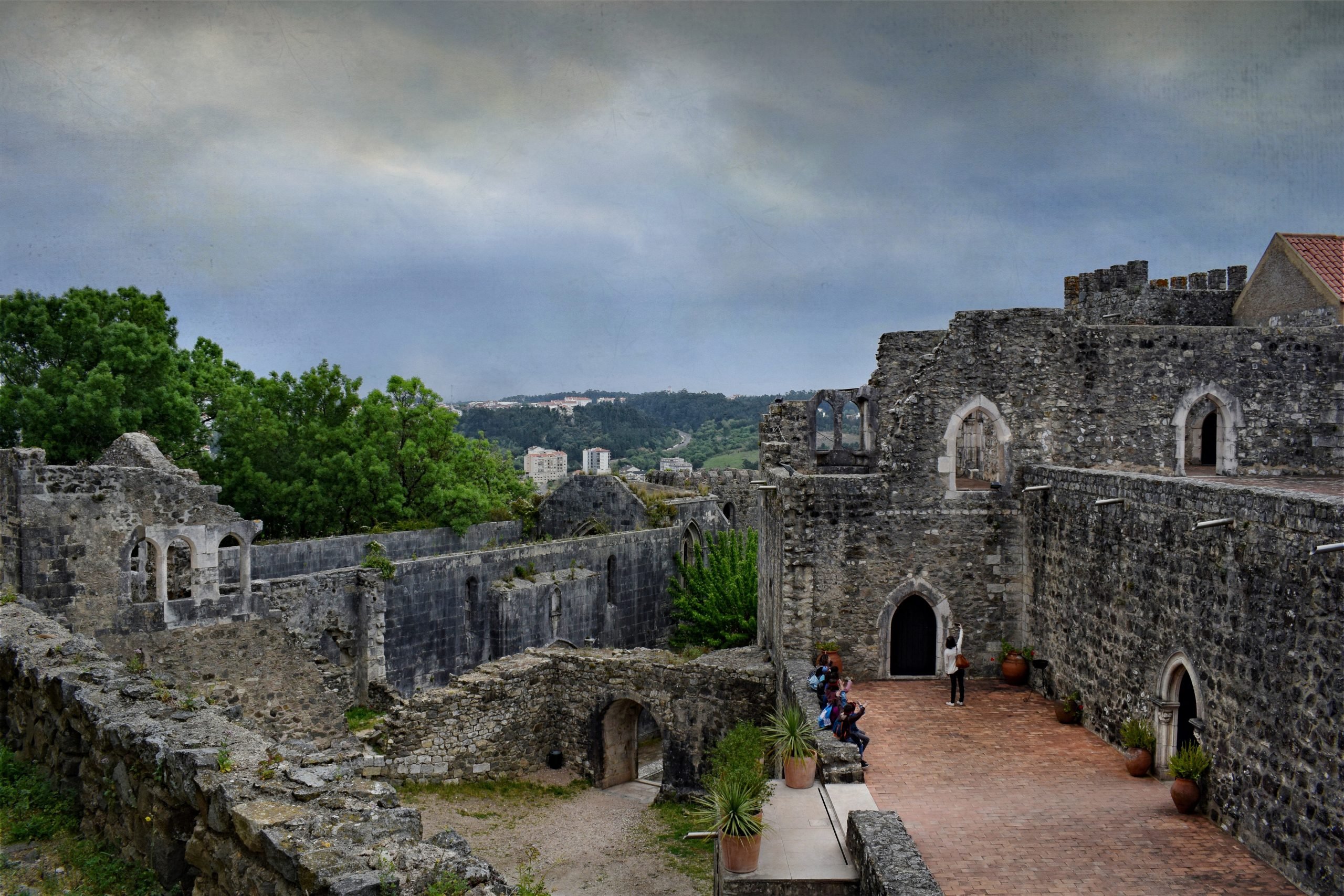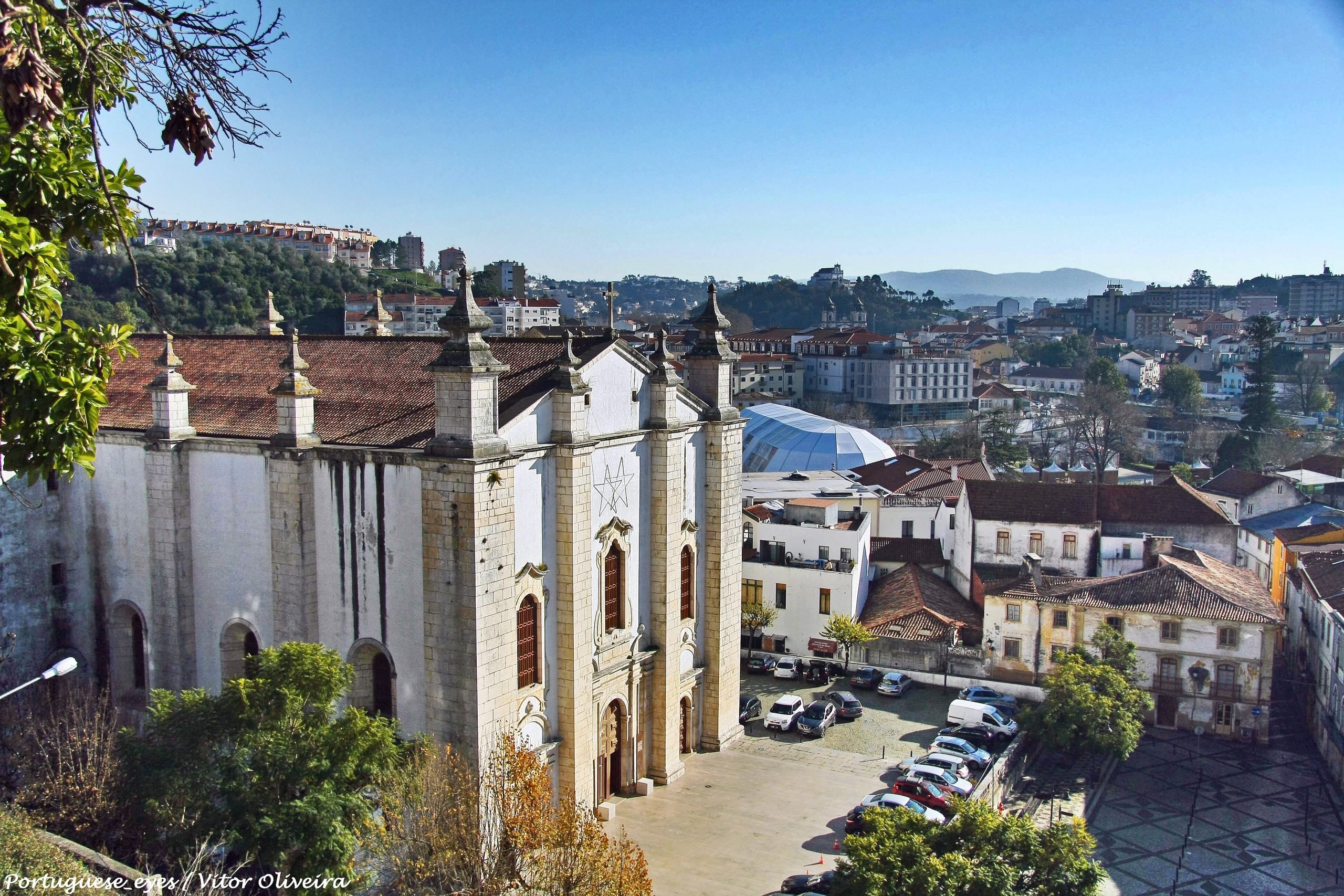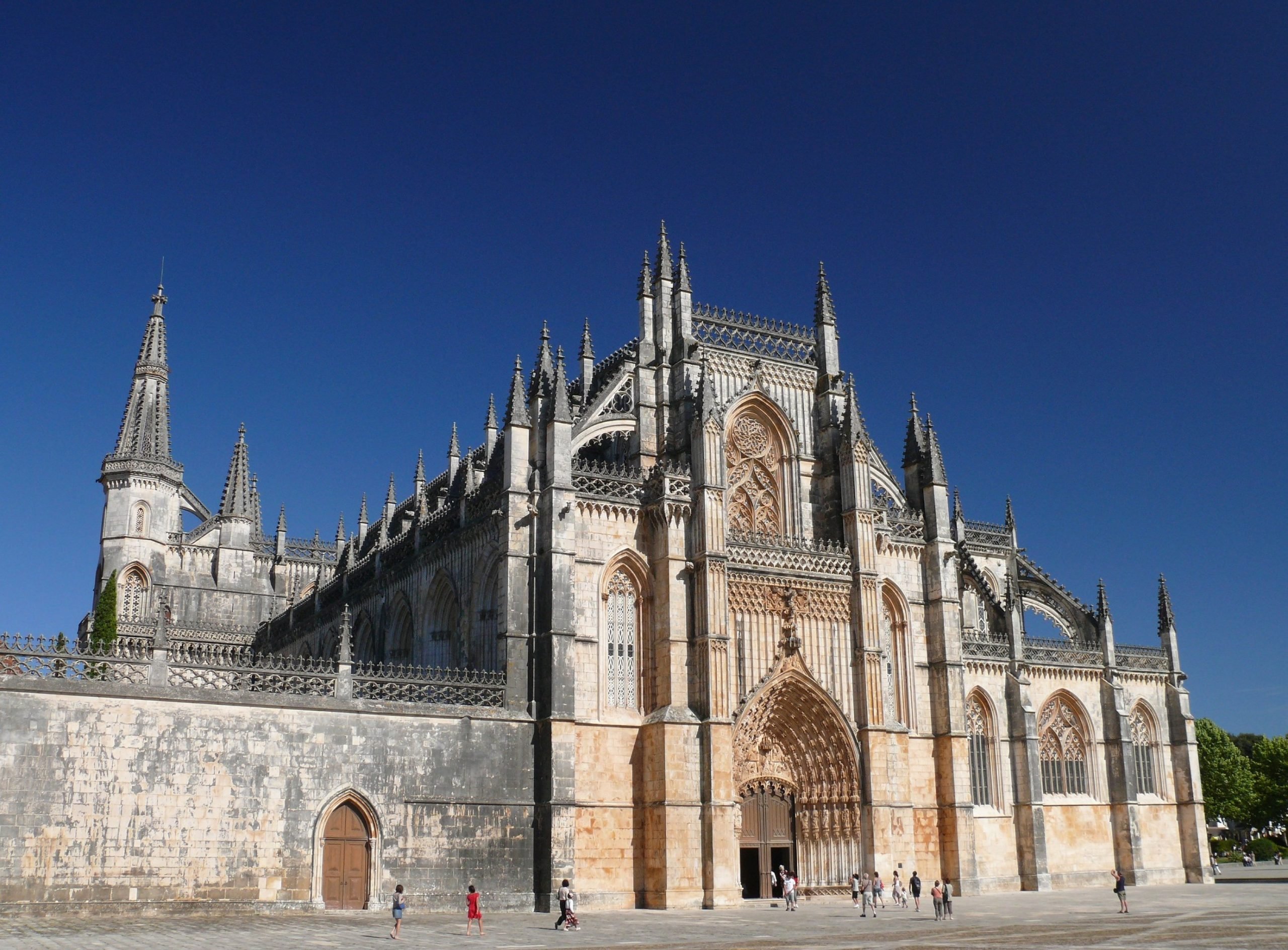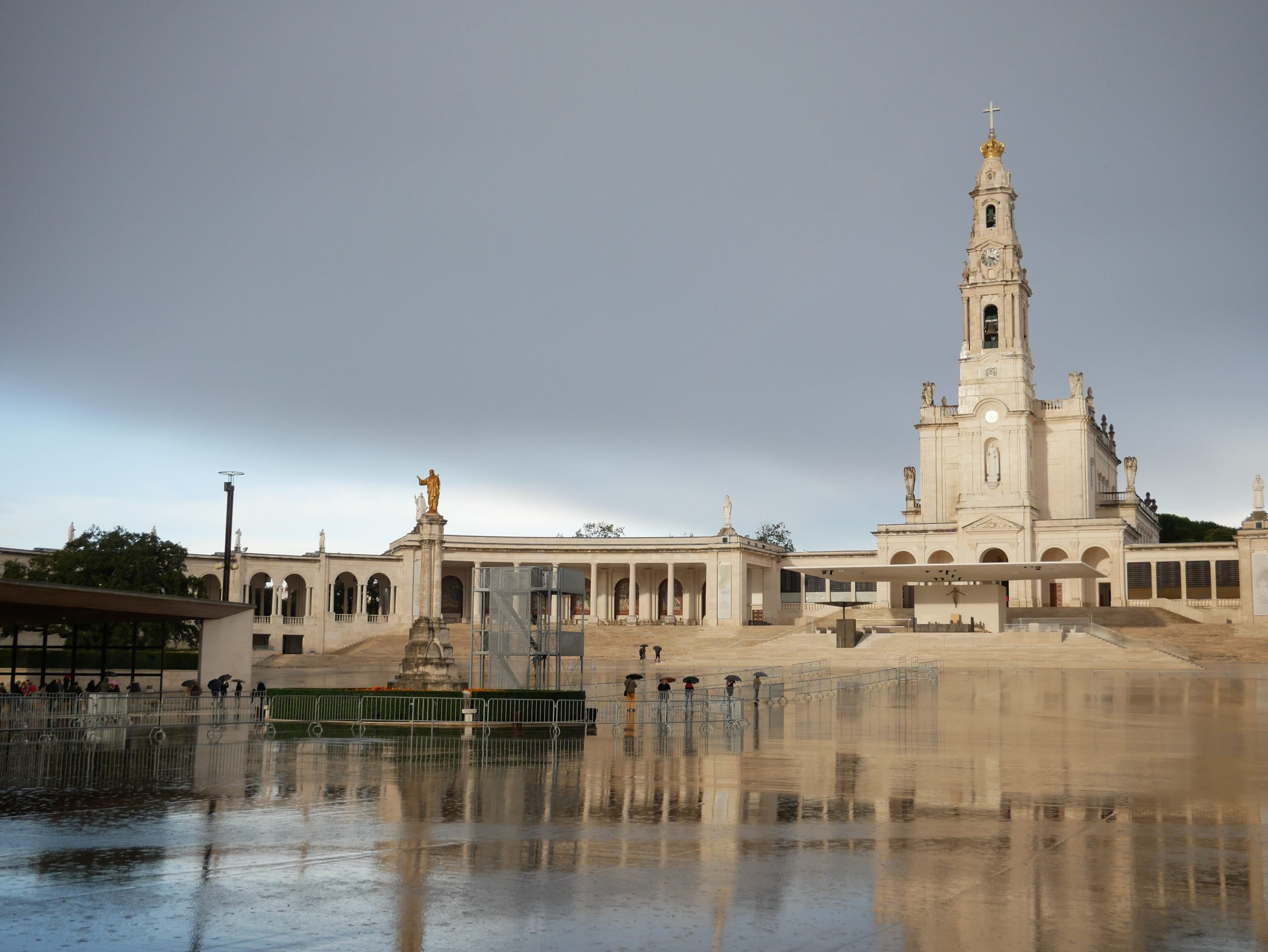Known as Fernão de Magalhães in Portuguese, Ferdinand Magellan was a Portuguese explorer who is best known for having accomplished the first circumnavigation of the Earth. Magellan sailed in the name of both Portugal and Spain, and it was for the latter that he achieved his greatest feat. However, he wouldn’t leave to see it finished as he died during the voyage, with this being terminated by the Basque navigator Juan Sebastián del Cano.
Today, his legacy is remembered by both the Iberian countries and the rest of the world, with many places and even animals having been named after the navigator, such as the Strait of Magellan and the Magellanic Penguin.
Early Life of Ferdinand Magellan
Magellan was born on February 3, 1480, possibly either in Porto or in the town of Sabrosa, in Trás-os-Montes. His father Pedro de Magalhães was a minor noble which allowed him to be brought up as a page in the Portuguese Queen’s court at the tender age of 10. Later, he would continue to be a part of the court of King Manuel I. He learned hunting, fighting, and a bit of astronomy. But his love for the sea was influenced by seeing the Porto harbor and all the ships and travelers that passed through it.
In 1517, he married Maria Caldera Beatriz Barbosa, the daughter of his friend’s second wife and they had two children, both of whom died at a young age. His wife died in 1521.
Ferdinand Magellan’s First Travels
When Ferdinand Magellan was only 25, he enlisted as a volunteer to sail what was known in Portugal as the “Oriental Indias”, a region that included India, Japan, China, Arabia, and Persia. He would accompany the first Portuguese viceroy to the region and remain there for 8 years.
Magellan kept on traveling through the East, where he made several expeditions and fought many battles. He was wounded in the naval battle of Cannanore and the historic battle of Diu, considered one of the 6 battles that changed the world since it marked the decline of the Ottoman influence in the region.
On an expedition to Malacca, his crew got ambushed but, due to his feats, many explorers were saved and he received honors and a promotion for his success.
In 1510, Magellan received the rank of captain due to his services to the Crown. In the next year, he would participate in the conquest of Malacca, after which he would go back to Portugal. He was again promoted and received a rich reward for his services.
Later, in 1513-14, he fought in Morocco, also being injured, this time in his leg which made him have a limp for the rest of his life.
However, he was accused of treason by the Portuguese since it was thought that he had done illegal commerce with the Moors. After that, he stopped being in the King’s good graces.
Magellan then became invested in studying the possibility to reach the Spice Islands (the Moluccasm, now part of Indonesia) from the West, through the South Atlantic and Pacific Oceans. These islands were in the Spanish zone of the Treaty of Tordesillas. This treaty was signed in 1494 and divided the newly discovered lands outside Europe between the Portuguese and Spanish empires, without the consent of the indigenous people of these lands.
Magellan then decided to command an expedition to these Islands through that new route. He petitioned the Portuguese King three times, but these were all denied due to the past incident. In turn, the navigator renounced the Portuguese Crown and went to Seville, Spain. There, he met Beatriz Barbosa, to who he got married and had two children. Both of them, sadly, died. He had not gone to Spain with the plan of getting married, but rather, to ask the Spanish King for support to reach the Spice Islands. The King chose to sponsor him so that he could claim the islands, reaching them without passing through the Portuguese side of the Treaty of Tordesillas. This became the famous First Circumnavigation of the World.
The Circumnavigation by Ferdinand Magellan
In 1518, Magellan signed a compromise with the Spanish King Charles V to do the voyage to the Spice Islands. His goal would be to get to the very profitable Spice Islands of the Moluccas and, overall, the same as that of Columbus years prior: to go West to reach East. Besides that, he would proclaim all the lands they found in the voyage as Spanish, find several riches for the Spanish Crown, and be absolutely prohibited from operating on the Portuguese side of the world (according to the Treaty of Tordesillas). In the end, he and his partner, Rui Faleiro, would get 1/5 of the gains after expenses and would become governors of the lands they discovered.
The armada offered to them was made up of five ships: Vitória, Santiago, Concepción, San António, and Trindad, this last one under Magellan himself. They all had a crew, supplies enough for 2 years, and guns.
The crew was made up of more than 165 men from all parts of Europe and one Malay slave, to serve as translator.
They set sail from the Port of Sanlúcar de Barrameda, in Andalucia, on the 20 of September 1519. They stopped briefly in the Canary Islands and then continued their journey.
On the 29 of November, they got to Brazil and in December they entered the bay of Rio de Janeiro, to get supplies and repair the ships. They then kept on sailing through the coast, trying to find a passage to the other side of the continent.
At the beginning of 1520, they reached a river that they called “Rio de la Plata” (River of Silver, known in English as River Plate), the river next to which the cities of Buenos Aires and Montevideo would be built.
At the end of March, they decided to spend the winter in a new region further south. There, they met a people with very tall people and big feet, which they named “Patagones”, therefore calling the region “Patagonia”. During this “hibernation”, part of the crew started a mutiny which was put under control by Magellan.
At the end of May, the Santiago ship shipwrecked, with no man being killed, and in August they restarted their voyage.
On the 21st of October, they found the “Cape of Eleven Thousand Virgins”, the entrance to the now named “Strait of Magellan”. Finally, they had reached a passage that would lead them to another ocean.
The men found the place scary, with high rocks, huge cliffs, and fires all around made by the native people in their settlements. Therefore, they named the region “Tierra del Fuego” (Land of Fire).
They started the crossing of the Strait on the 1st of November, naming it “Strait of All Saints”, taking 27 days in total to cross. During this passage, the San António ship would desert the fleet, returning to Spain.
When they got to the “other side”, the sight was completely different from that of the Land of Fire, with calm waters and peace. This new ocean was then named “Pacific” (even though it would be called the ‘Sea of Magellan’ until the 18th century).
The men thought it would be a small journey now to their destination, probably three or four days. To their surprise, they took almost 4 months instead to cross that ocean, with many of them dying due to their short supplies. It was during this journey that Magellan sighted the Nebulae that now carry his name.
Finally, in March 1521, they got to Guam, where they saw a huge variety of fruits and had an aggressive encounter with the native people. Then, at last, they arrived at what we know now as the Philippine Islands. There, they were very well received by the locals.
They finally anchored on the island of Homonhon (then uninhabited) and befriended the inhabitants of the neighboring island of Suluan, trading goods and supplies and learning about the islands and their customs.
Later, the explorers continued their trip and got to the island of Limasawa, where they met the leaders of Butuan and Surigao, who were on a hunting trip to the island. They received Magellan as a guest in their lands and explained their customs and told him about their lands. The richness of the islands could be seen in the gold jewelry that the locals used.
On the 31st of March, the crew held their first Mass in the Philippines, and soon after, they left. They went to Cebu, the largest trading post in the region, where they got on the 7th April. There they continued to try to trade with the locals and also convert them to Christianity.
End of the Voyage and Death of Ferdinand Magellan
However, many natives were refusing this Christian conversion, like on the island of Mactan. On 27 April 1521, when the explorers were disembarking in that island with an army, Ferdinand Magellan was hit by an arrow at the beach and later killed by the indigenous army.
The rest of the armada continued the trip, led by Juan Sebastián Elcano. They had to burn the Concepción ship due to a lack of men, but, in December 21, they finally got to their destination, the Moluccas. The remaining ship, Vitória (Trinidad ended up staying for repairs and then got captured), got a huge shipment of spices and then set sail back to Spain, alone.
They returned through the South Indian Ocean, so as to not find any Portuguese ships, and passed the Cape of Good Hope. The ship arrived at the Port of Sanlúcar de Barrameda on September 7, 1522, with only 18 men. The voyage had taken three years and claimed the life of most of the crew.
Even though Magellan hadn’t reached his destination, his job was done by setting the expedition, commanding the big fleet through most of the trip and, what would stay in history, proving that the world was round.
Legacy of Ferdinand Magellan
Even though it was considered one of the greatest in history, Magellan’s voyage didn’t have that many repercussions after it finished. The main one was that it started a dispute between Portugal and Spain over who should control the Moluccas. The Spanish tried many times to establish a presence in the islands, but they all ended badly. Finally, and after having spent much time and lost lives, they would concede them to the Portuguese.
As a tribute to the explorers’ achievements, his name was given to the Strait of Magellan, a very important navigational route, a region in Chile, an archipelago in Micronesia, and even a US Navy project to circumnavigate the globe by submarine. The Magellanic Penguin was also named after him since he was the first European to have seen them.
Magellan’s name was also used in astronomy due to his amazing navigational skills, such as the two closest nebulae, the Magellan lunar and Marcian craters, and a NASA spacecraft. Furthermore, the former US Presidential Carriage also bared his name.
The explorer discovered trade winds, which would turn out to be a revolutionary discovery for sea travel, and his voyage gave an amazing understanding of the Earth’s true size to the Europeans, who thought it was much smaller.
Magellan’s voyage became known as a huge feat for mankind, with many trying to mimic it with different degrees of success and several books being written regarding it.

